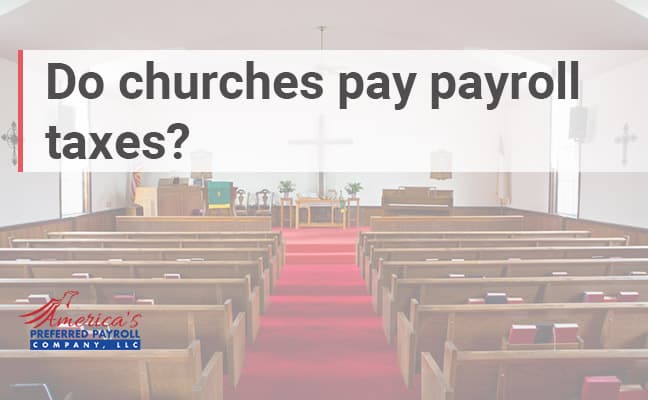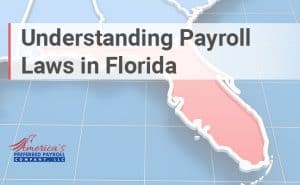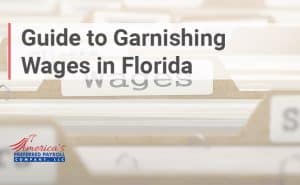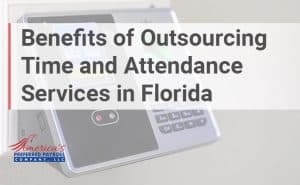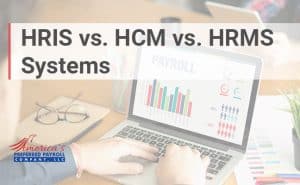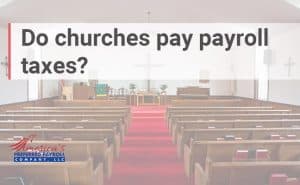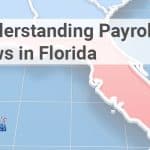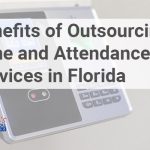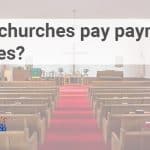The subject of taxes is especially complex, primarily because it is intended to be that way. There is an argument that our convoluted taxation system is a latent means of creating jobs and stimulating the economy. Though our collective approach to taxation might change in the future, we are stuck with our current system for the time being. In particular, churches face myriad complex payroll tax hurdles. Our payroll, benefits and HR management team is here to provide clarity.
Here’s the scoop on church obligations in the context of payroll taxes along with a look at how America’s Preferred Payroll can help your organization surmount those challenges.
An Inside Look at the Taxation of America’s Churches
There is a common misconception that churches have no tax obligation in the context of payroll. Churches pay payroll taxes yet there are idiosyncratic compliance standards. The IRS has established specific regulations for churches and other religious organizations to maintain tax compliance. In general, the IRS considers churches to be facilities in which religious worship is performed. Aside from Roman Catholic and Christian churches, mosques and synagogues also fall under the umbrella of places of worship.
In total, more than a dozen criteria are used to determine if an organization meets the requirements to qualify as a church. However, there are some instances in which organizations do not have to adhere to the entirety of this criteria to be considered a church from the perspective of the IRS.
Church tax exemptions from the IRS are protected by the First Amendment. Therefore, there is no need to provide paperwork to the IRS to receive a tax exemption. Such exemptions kick in automatically. However, some churches elect to formally file for their tax-exempt status to be officially recognized by the bureaucratic juggernaut that is the IRS. Such exemption does not exclude churches from tax obligations. Taxes are owed on employment and also on income unrelated to the business.
Those who work for a church are viewed as employees. Therefore, such employees are required to pay taxes on their wages or salary. The IRS mandates that churches withhold income taxes from employees who do not serve in the capacity of minister. Such employees report income on the W-2 form similar to workers in non-religious industries.
It is worth noting that if a church minister is considered to be an employee, the church is still not forced to withhold any income tax from his or her financial compensation. However, the church must still provide its ministers with the W-2 form despite the fact that these contributors are formally considered to be self-employed.
We would be remiss not to mention the fact that ministers are classified with a dual tax status as their income from ministering is considered to be self-employment in the context of Social Security. However, ministers are church employees in the context of income tax.
What About Unemployment Taxes?
Most people are understandably unaware as to whether churches have financial obligations in the context of unemployment taxes. Churches are not required to pay federal unemployment taxes when employees are terminated, downsized, furloughed, etc.
Church Employee Tax Payments
Churches are required to withhold specific amounts of financial compensation from employee wages/salaries for income taxes. In the context of federal and state government taxes, employees of the clergy are viewed as official employees yet also self-employed in the context of Medicare and Social Security; hence, the dual tax status.
The dual tax status of ministers requires them to pay estimated quarterly taxes for self-employment. In the context of federal income tax, churches withhold any applicable taxes from the wages/salary of the minister, then report those figures on the aforementioned W-2.
It is also possible for members of the clergy to enter into voluntary withholding agreements with their employer, meaning the church withholds the appropriate income taxes along with taxes for self-employment. The voluntary withholding of such tax dollars precludes the minister from making estimated payments for taxes. It is worth noting both parties are free to end such an arrangement whenever desired. However, the benefit of this approach is to bypass any potential penalties for late payments for quarterly estimated taxes.
The money withheld serves as a credit for the minister’s self-employment and federal income taxes. If your church enters into such an arrangement with a minister, report the figures on the 941 Form as taxes withheld as opposed to taxes for Medicare or Social Security.
America’s Preferred Payroll is Here to Help
If you handle payroll for a church, another religious organization or a business, do not attempt to do it all on your own. America’s Preferred Payroll is on your side.
Reach out to our church payroll specialist today at (813) 865-4205 to schedule an appointment with our payroll tax team.

